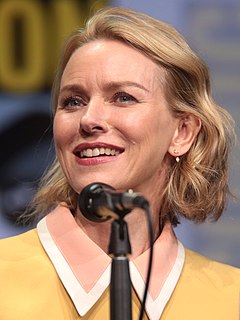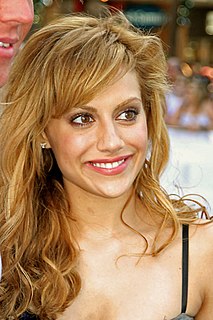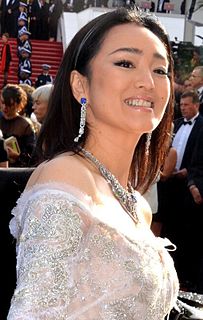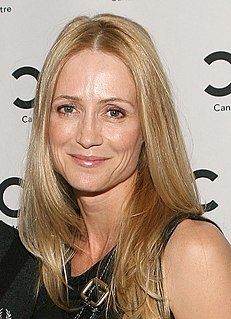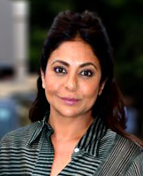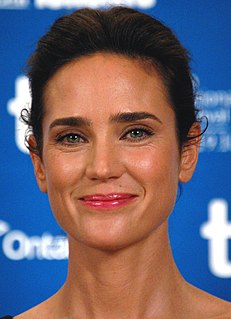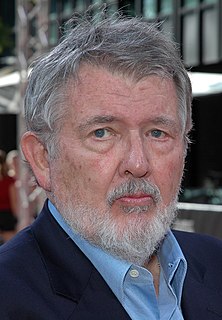A Quote by Clint Eastwood
I had one well known director who kept saying, "Now Clint, this is what ...." And I'd say, "I know. I read the script. I'm the one who cast you as the director. Let me show you and you'll correct me if I'm wrong."
Related Quotes
The way I pick movies is, first, if the script is any good. Then, if the script is good, who else is in it, the director, the producer, all that. If you have all that, there's a chance the movie will be great. If the script isn't right, or the director or cast isn't right, you've got no shot in hell.
The script is the most important thing for me. I'm advised that other things are important too, and they are. The director that you'll be working with is hugely important, and the cast that are with you is really important as well. But, for me, the thing that gets my heart excited and really makes me invested in something or not is just the quality of the script.
I got a phone call from George Miller [the director] asking me to play this role. We sat down and he showed me on his computer a documentary-type montage sequence of real penguins swimming, in an Esther Williams synchronized sort of way, and doing things I have never seen them do. Then he explained his vision of the film, asked me to read the script and to voice the character. I was cast a little bit later, and he let me do the singing as well!
I have been waiting around to get the right script and the right director. For example, in the past, if a Hollywood director came to me with a script and wanted me to play a character, and she was a stereotypical Asian woman who gets into a fight and gets killed off quickly, that didn't seem to have much interest for me.
I had read the Animal House script, and by hook and crook, I finally got an audition. It was a great one. John Landis followed me out into the hallway afterward and said, "I've never done this before, but you've got the job. Now don't tell anyone!" I've never had a director do that. It was one of those Hollywood-dream-come-true stories. They saw me as a surfer or cowboy, not a preppie, but someone begged and borrowed me an audition, and I went in and got it.
I've never like had a system or a program, I always think that I don't know how to act. I'll adapt to any director because I don't really have a set way that I do things. If a director hires me and says, "I want you to get started right now and do this research, this research, this research and I want you to have every line memorized before you ever show up for the first day," then that's what I'll do.
With a good script a good director can produce a masterpiece; with the same script a mediocre director can make a passable film. But with a bad script even a good director can’t possibly make a good film. For truly cinematic expression, the camera and the microphone must be able to cross both fire and water. That is what makes a real movie. The script must be something that has the power to do this.


